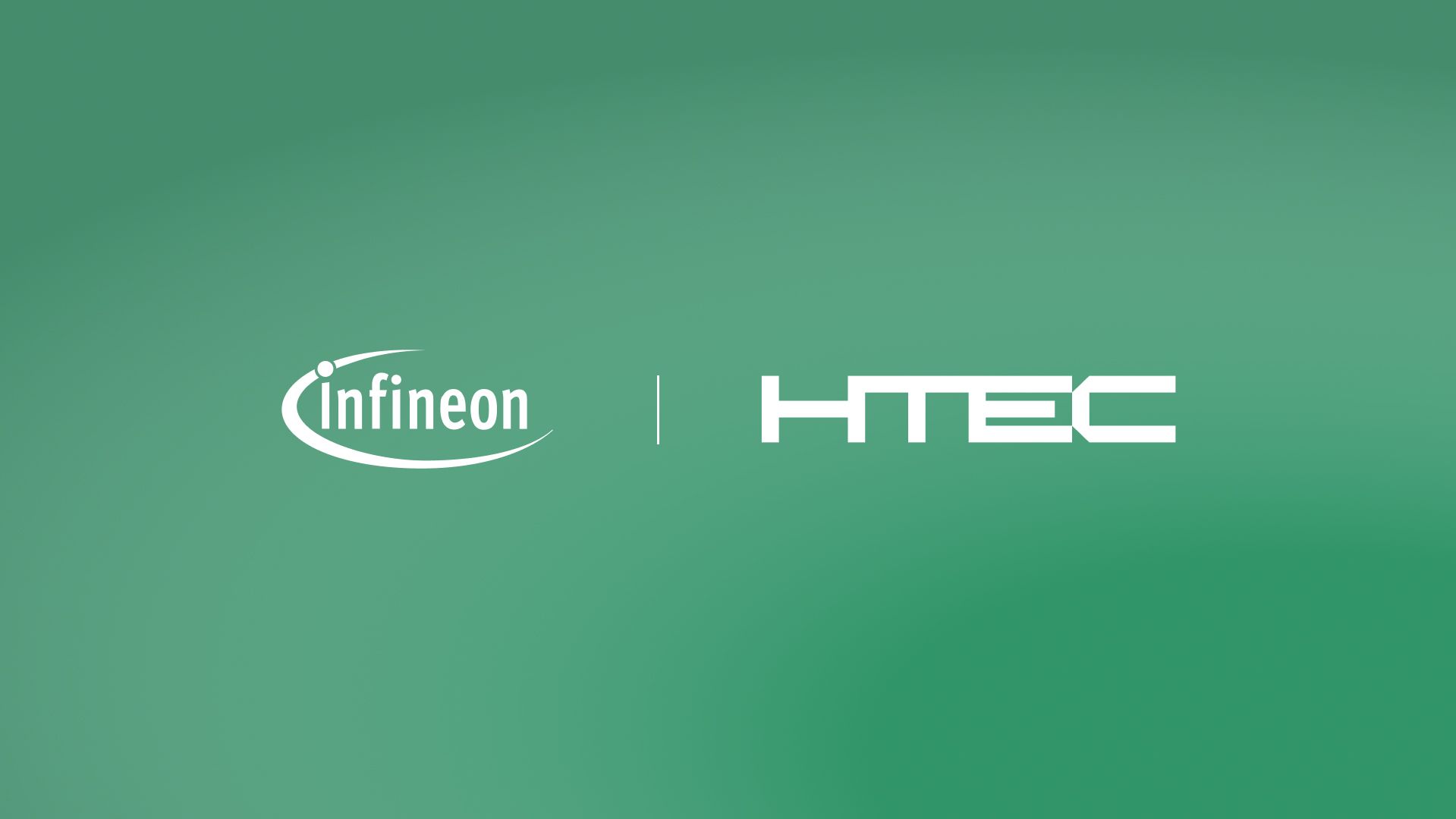Savings in time and money!
Increased productivity!
Data-driven decisions!
Optimized processes!
Superior customer experiences!
Eternal success and happiness!
If you have spent any time researching the potential business benefits of artificial intelligence (AI), chances are that a vast majority of informational resources read something like the lines above.
AI has taken the world by storm in 2023. The near-universal excitement and enthusiasm that accompanied the technology’s emergence has created a noise level that left very little room for critical thought and careful examination of its potential repercussions.
Towards a bright, uncertain future
Enthusiasm for AI is understandable–the technology’s enormous potential has already been partially revealed through a wide array of current generative AI tools, and its continued development coupled with the ever-growing processing power promises that what we have seen is just the tip of the iceberg.
However, there is enough reason to add cautious curiosity to the pool of excitement. While we can all agree that AI has arrived and that its impact on the world at large will only continue to grow, the exact course of its evolution is still very much left to be determined. Furthermore, that course will not only be defined by technological factors, but also legal, ethical, and even philosophical.
Into the contradiction
In his recent article on Fortune.com, HTEC Group’s Head of AI Igor Ševo has profoundly detailed some of the ethical concerns related to AI and the conundrum of aligning superintelligence with (often contradictory) human values. In Igor’s words, “alignment to human values comes with its own problems: chiefly among them, the idea that those values are immutable and uncontradictory and the question of where they came from in the first place.”
While this particular article focuses on just one of many lines of thought that will determine the future course of the development of superintelligence, it fully reveals the complexity of the subject and the uncertainty of what’s to come. This state of uncertainty creates a bit of a slippery slope for business leaders, with a broad set of concerns summed up in the question: how to maximize the short-term benefits of AI adoption without potentially jeopardizing the long-term health of a business?
AI FOMO
Across the global business landscape, there is an undeniable fear of missing out on AI’s potential. The lessons of the past several decades clearly favor the early adopters of emerging technologies, and those rarely come as potent and far-reaching as AI.
In its current state, AI provides instant advantages to numerous businesses, prompting organizations to contemplate incorporating AI tools into their operations. However, blind adoption can expose organizations to unforeseen hazards. Unlike some of the past emerging technologies, AI’s unpredictable evolution and yet-to-be-defined legal framework make it a riskier venture.
Balancing forward
The opposing imperatives of acting quickly and acting with caution will undoubtedly leave many organizational leaders uncertain of the best path forward. However, we believe that the answer to this dilemma is not a simple “yes/no” proposition. Instead, organizations need to fully understand the complexity of the ongoing underlying discussion that will shape the superintelligence of tomorrow and ensure that they integrate AI solutions into their operations with careful consideration towards safety, responsibility, and ethics.
As Igor Ševo states:
“Firmly grounded leaders ought to be concerned primarily with the success of their businesses in the current real-world context, on the lookout for what is practical and immediate, and partnering with technology leaders to assess how A.I. can bring value to their businesses and customers in the short term.”
While the future of AI is uncertain, there is much that businesses can do to reap its benefits in the present and ensure a future-proof integration of AI into their strategy. HTEC Group is actively engaged in understanding and addressing AI-related challenges, working with our clients to find the best solutions that will support their AI-driven growth.
Explore our AI expertise and get in touch to discuss how our expertise can help you integrate AI into your practices in a safe, responsible, and impactful manner.





